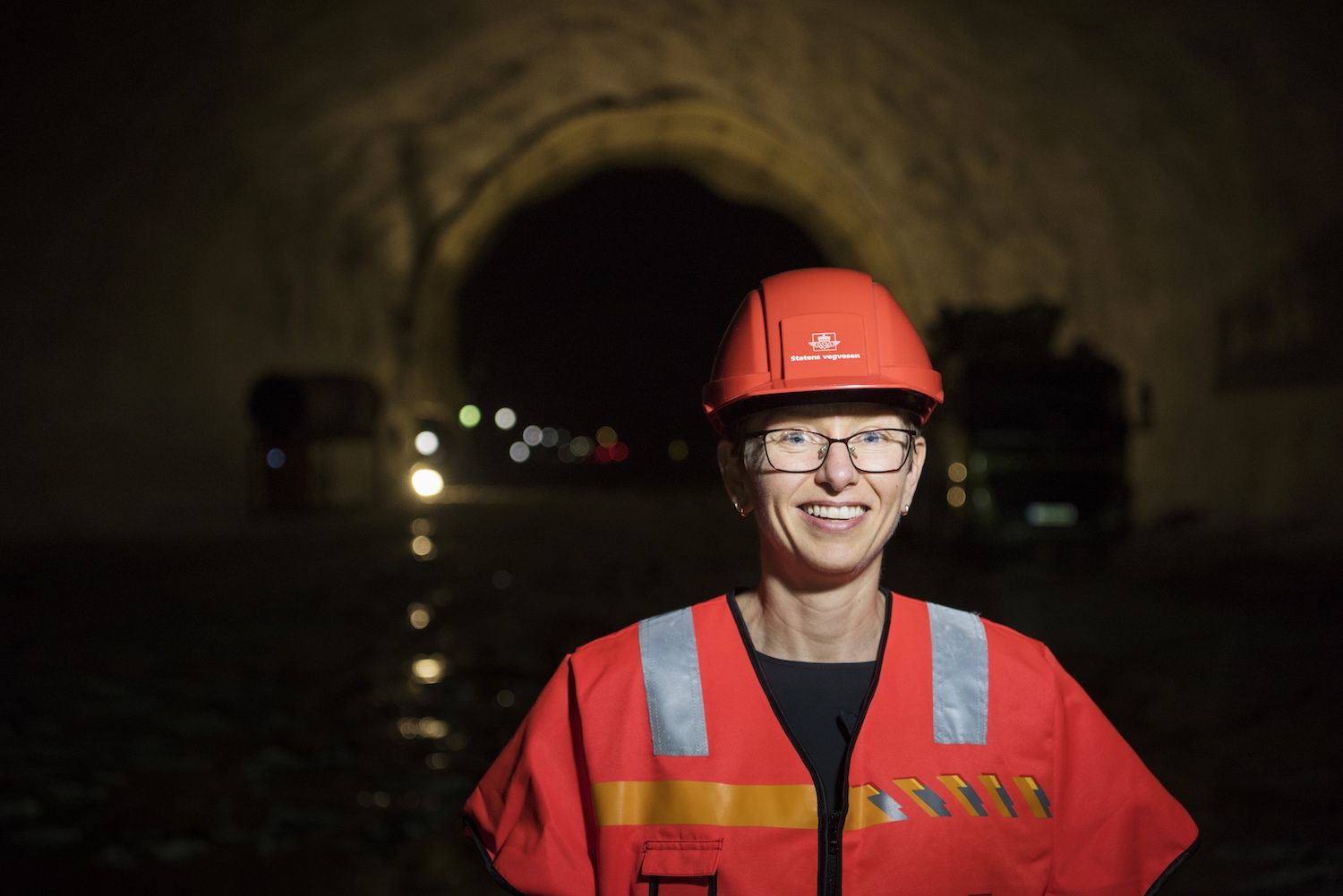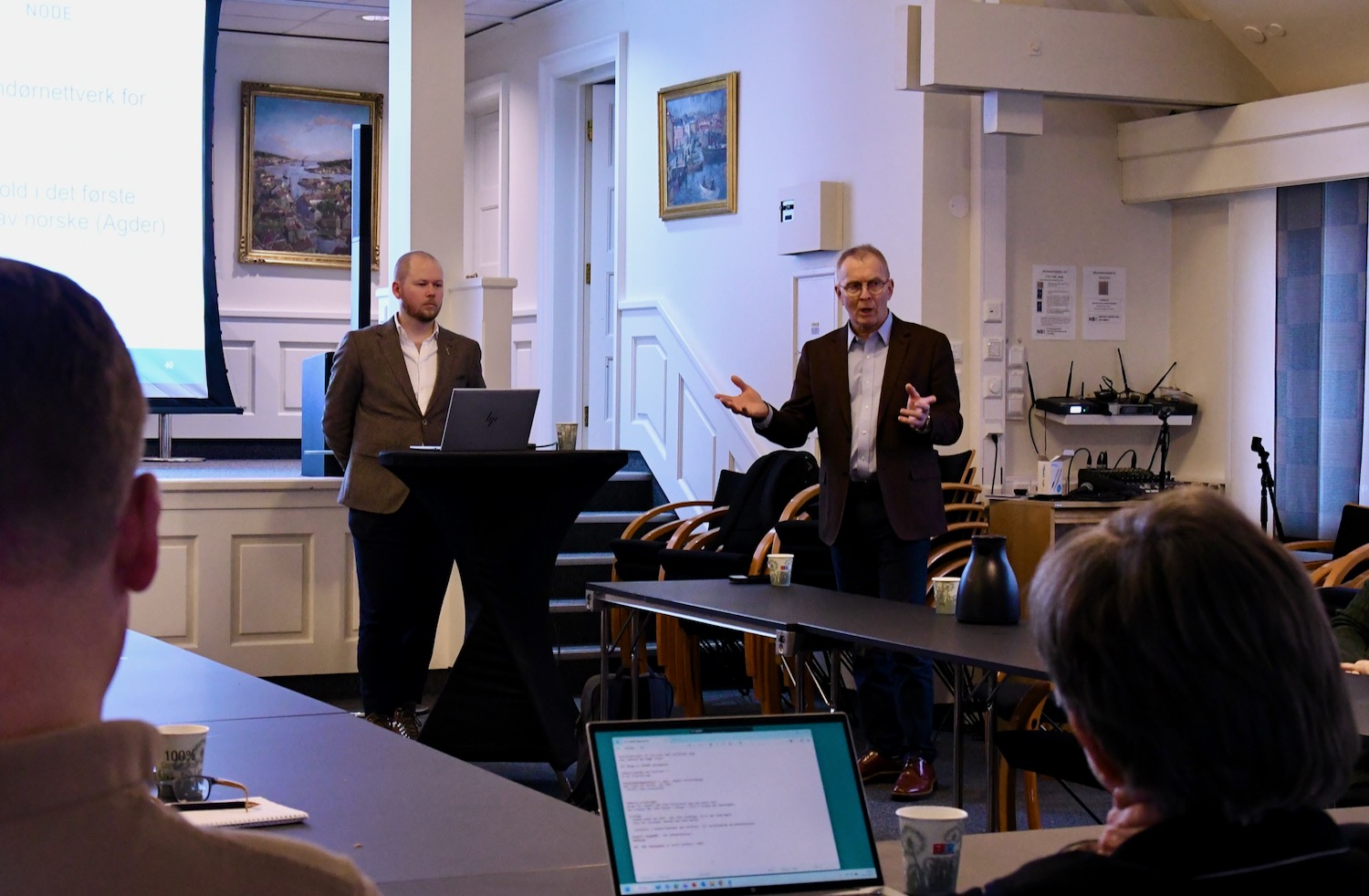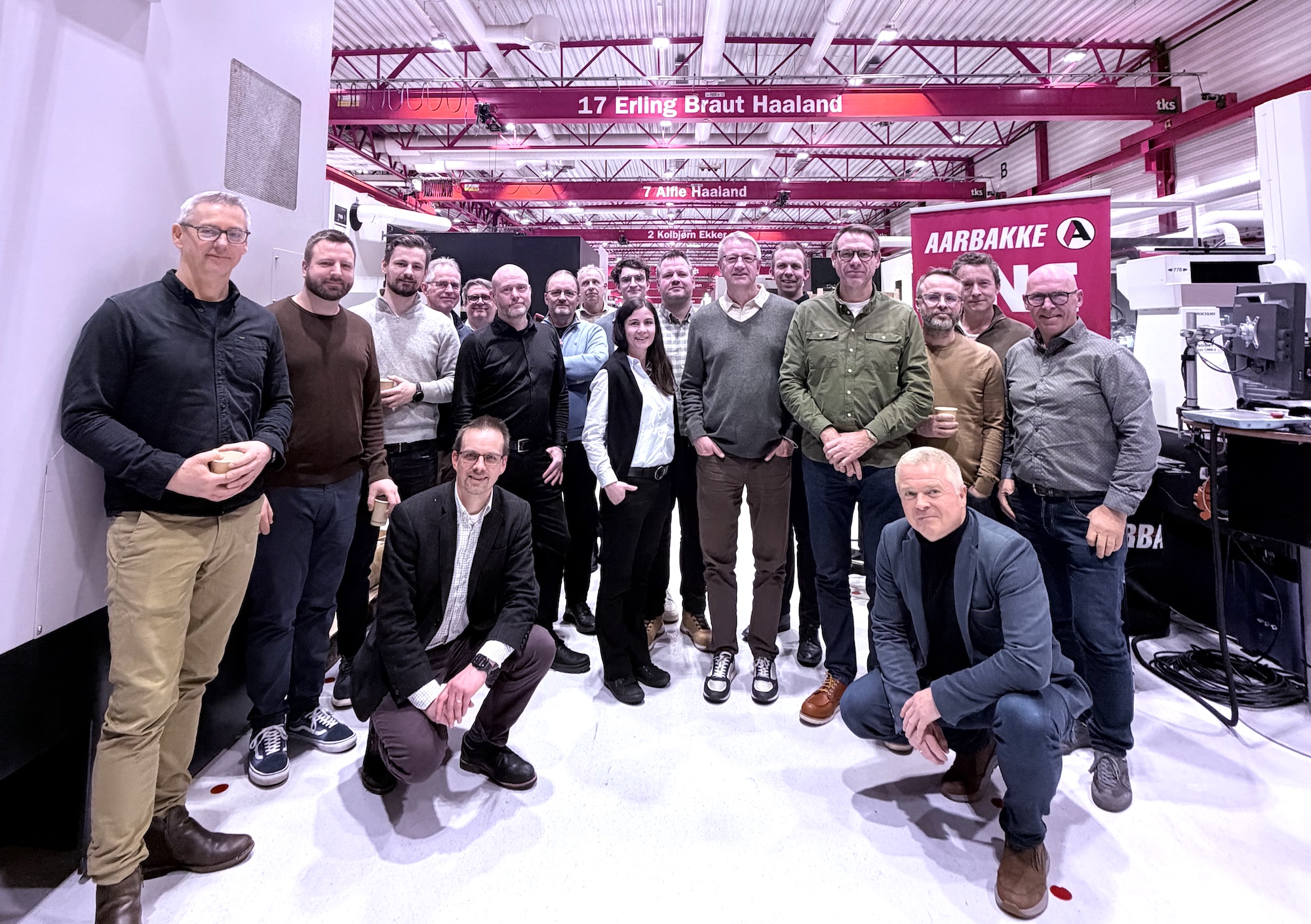Norwegian Tunnel Safety Cluster (NTSC) is an Arena level cluster, comprised of approximately 100 participants. The cluster has its origin in Rogaland, but the participants come from all over the country. The cluster contributes to improved safety and fewer accidents in tunnels in Norway and abroad. The ambition is to be a leading global cluster for tunnel safety within 2025.
“We are actively seeking partners that can strengthen our cluster, thus we look forward to working with GCE NODE, which has some companies with expertise on tunnels. Furthermore, we are keen to participate in relevant NODE projects and to invite NODE to participate in some of our projects,” says Helen Roth, Project Manager at NTSC.
The agreement lists digitalization, Industry 4.0, reshoring, innovation, supply chain management and robotization as areas of cooperation.
In 2013, NODE put on the agenda digitalization and the use of data in real time as a key enabler to enhance the competiveness of the oil and gas and maritime industries. The industrial digitalization requires reliable sensors and signal transmission in real time and in the right context, programs to convert signals to products that can contribute to more efficient safe operations with lower carbon footprint. This is the basis for the 8-year-long research program SFI Offshore Mechatronics hosted by the University of Agder, with a high degree of national and international research partners and industries.
“The SFI is backed by many competence and R&D programs focusing on digital security and robotization of SMEs, in order to enable them to take part in the digital shift. The technology we are working on in Agder is generic and can be adapted to many other businesses like safe intelligent roads and tunnels, which is the focus of NTSC. We are looking forward to work more closely with Helen and the tunnel safety cluster. Several NODE companies are suppliers to road surveillance systems and instrumentation,” says Anne-Grete Ellingsen, CEO of GCE NODE.



